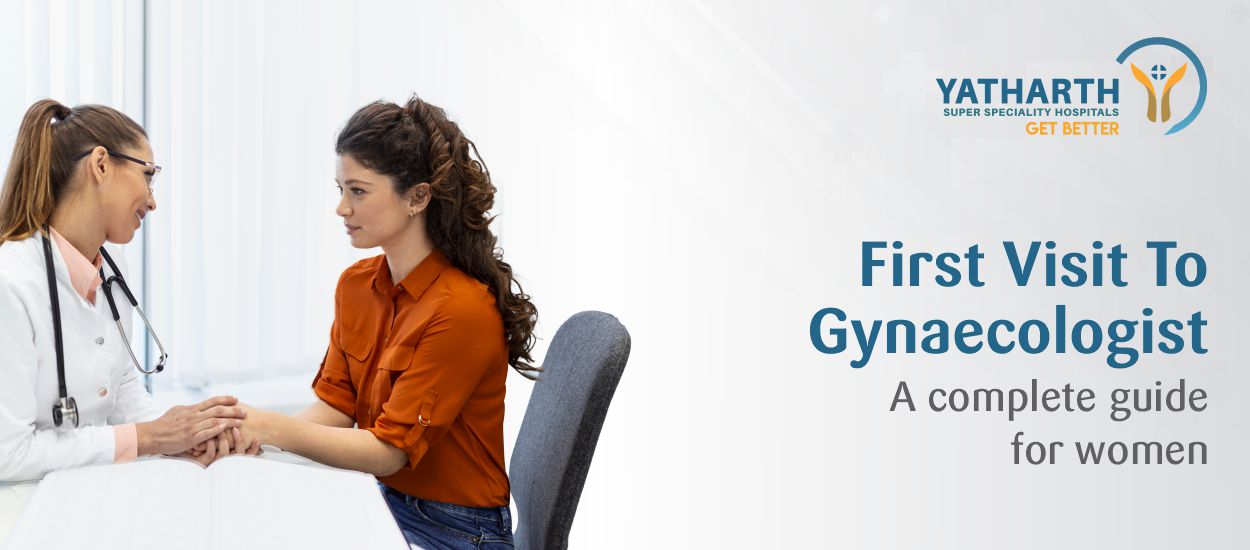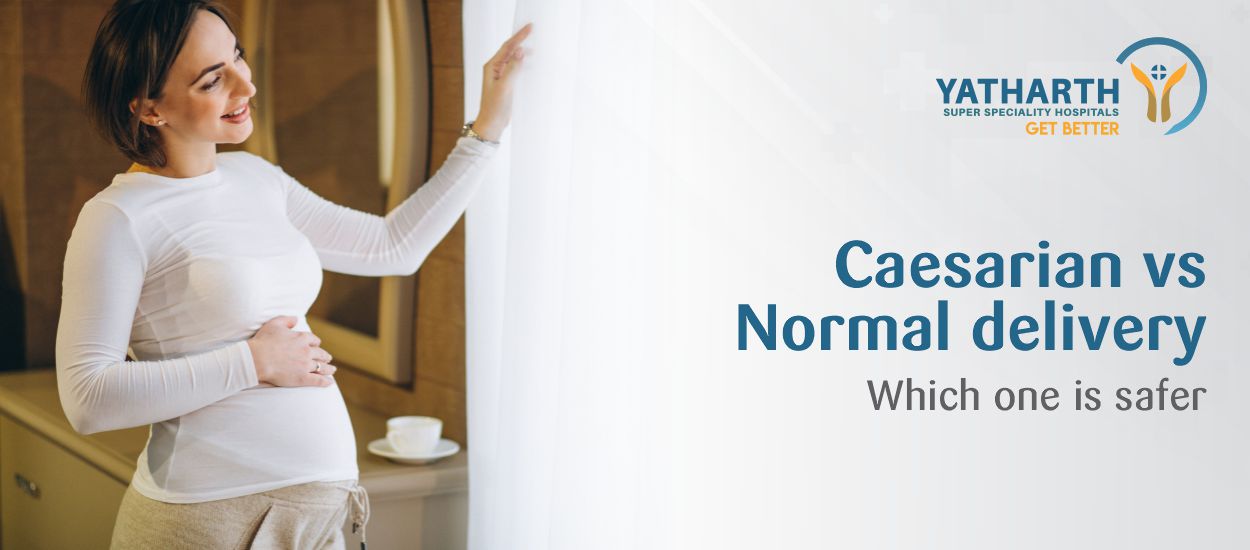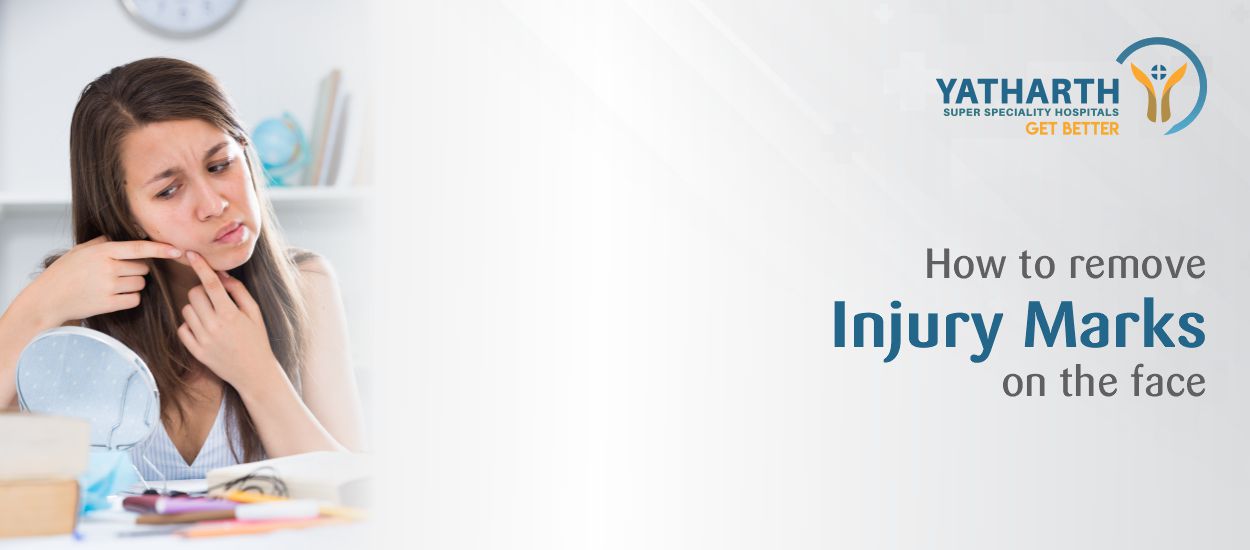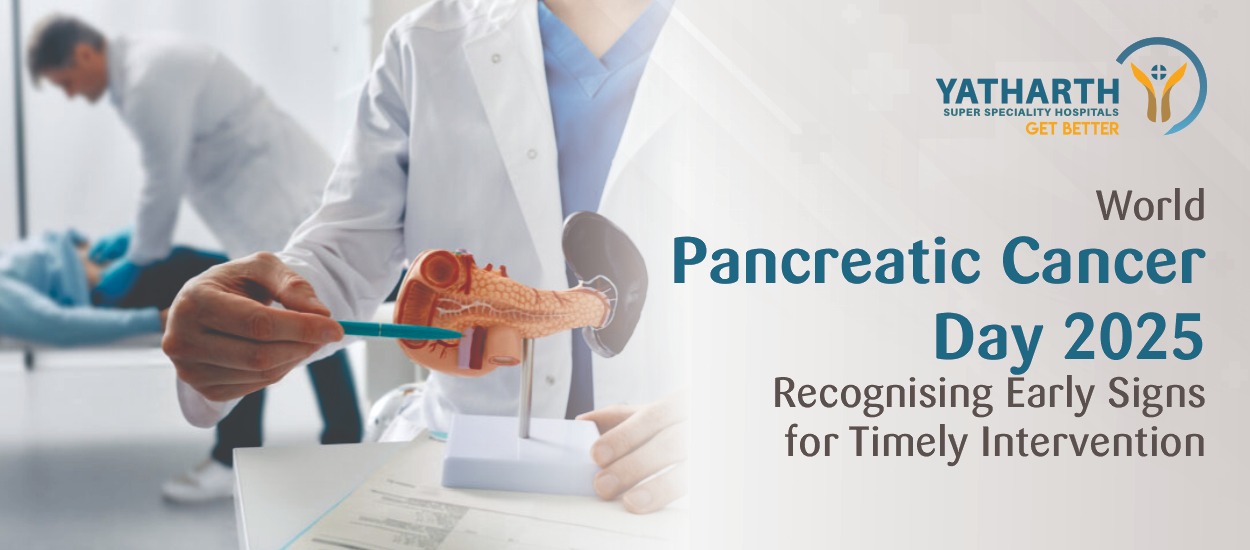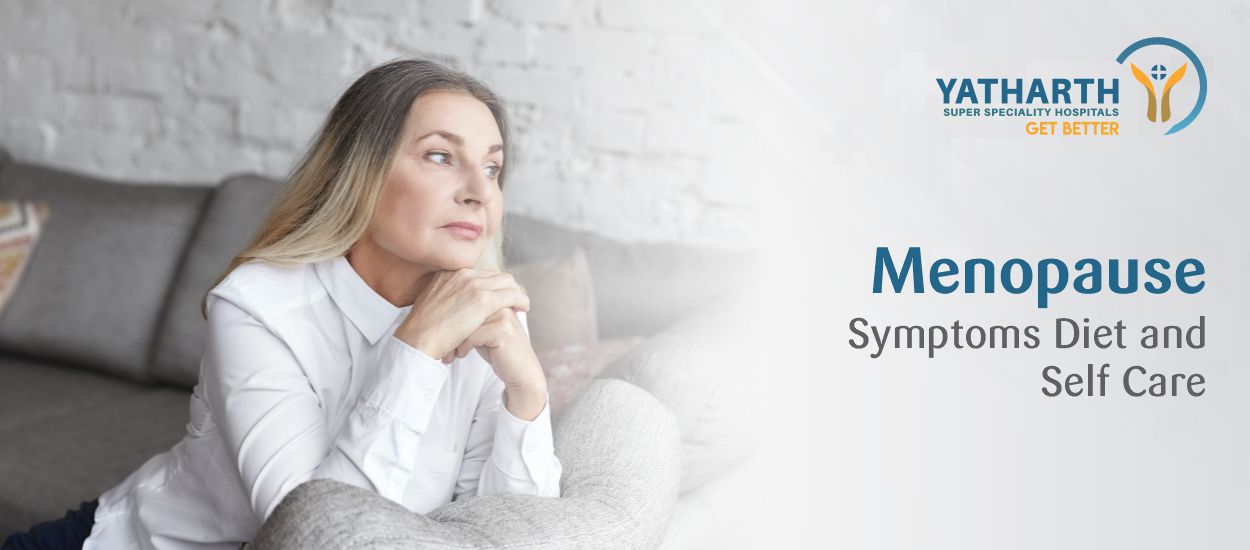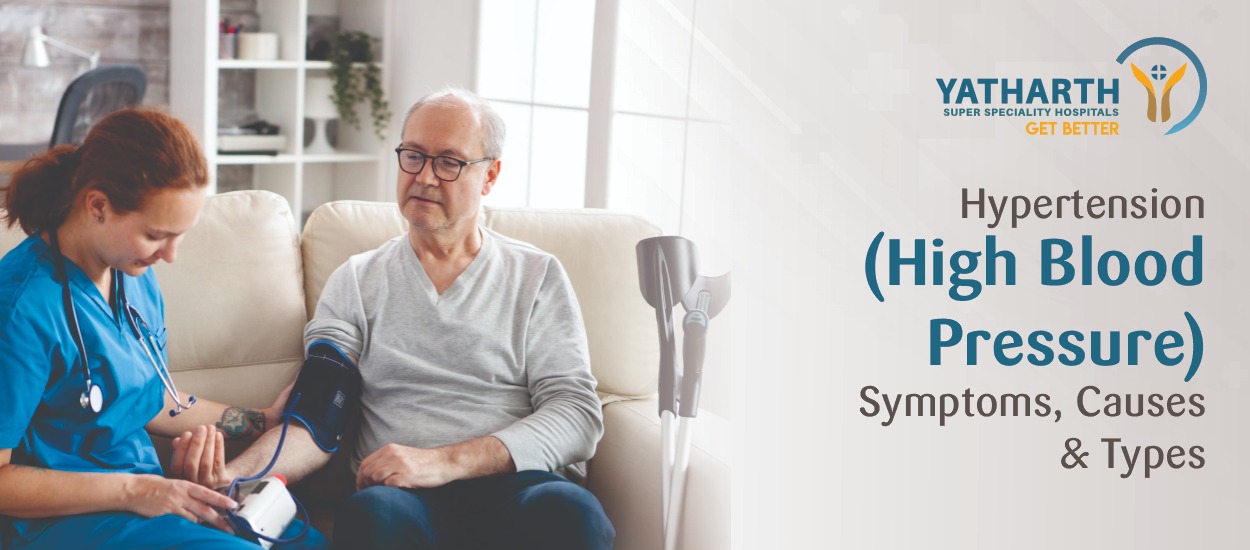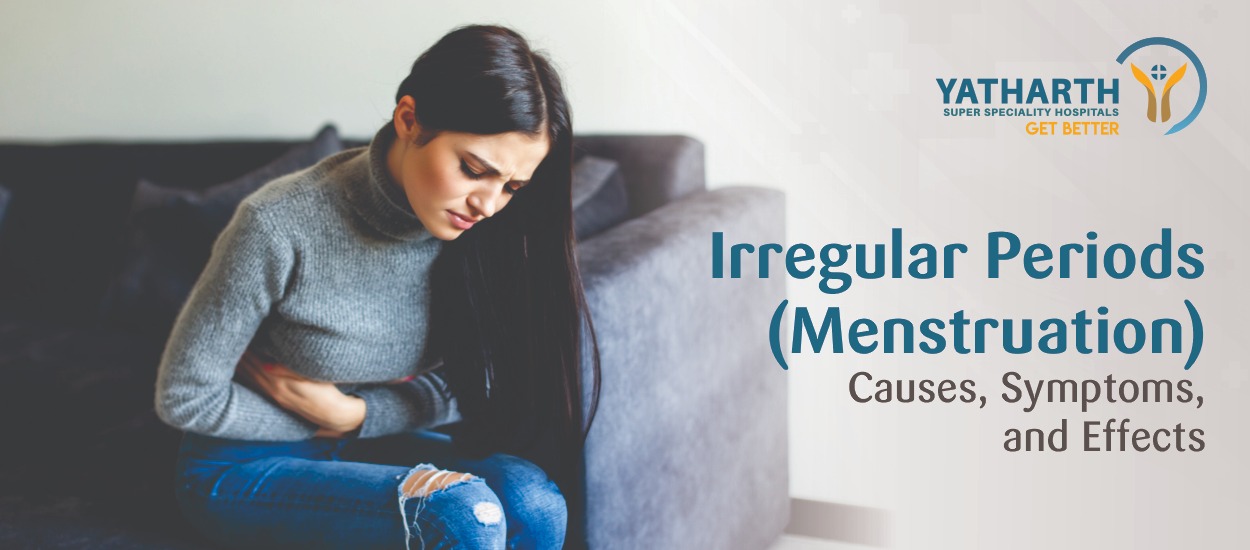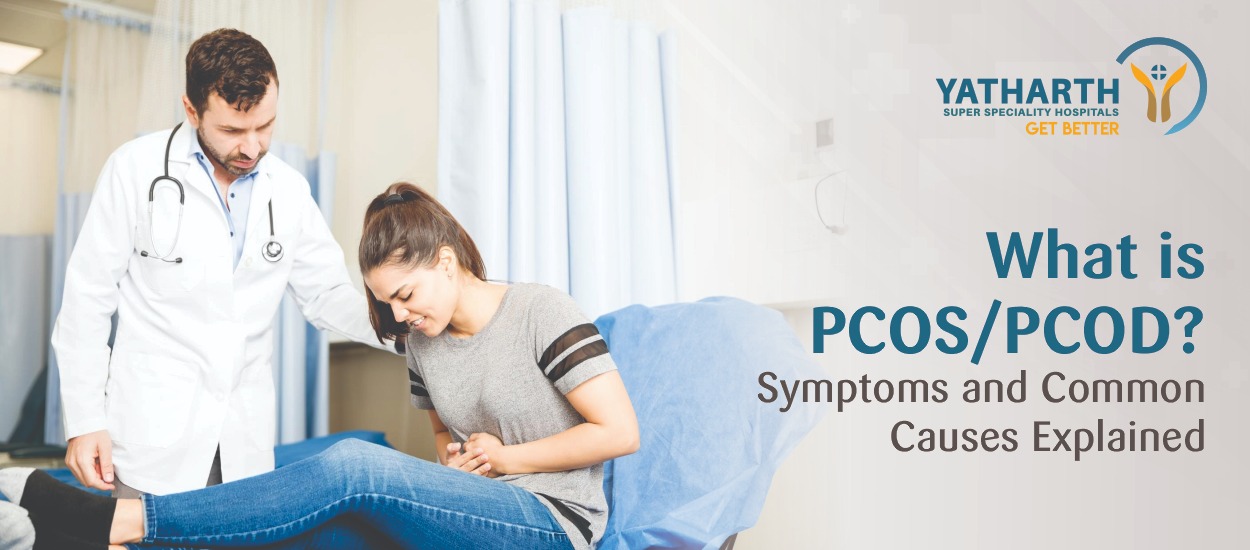Visiting a gynaecologist for the first time is a very big step to take towards your reproductive health. Whether you're going for a normal routine check-up, have queries about your menstruation, birth control, or regarding some symptoms you're experiencing. If you know what you can expect, it can help reduce anxiety and make your experience smoother and more comfortable.
Why does the first visit matter?
Seeing a gynaecologist is not only necessary because you're pregnant or have any issue, it's an important step towards preventive healthcare for every woman. Most regulations recommend that girls start visiting gynaecologists anywhere between the ages of 13 to 15, or when they become sexually active.
Early visits allow you to:
- Build a good relationship with your doctor
- Better understanding of your body and menstrual cycle
- Discuss contraceptive options and get to know about safe sex
- Detect and prevent any health conditions early
- Get answer to all your personal questions in a safe space.
How to prepare before the appointment?
- Track your menstrual cycle
The first and last day of your period, your average cycle length and any unusual symptoms that you might've noticed like - Spotting, cramps, irregular bleeding. All of this will help your gynaecologist get a better understanding your reproductive health.
- Schedule smarter
Booking an appointment during your periods isn't a good option, unless you're feeling any unusual symptoms like heavy bleeding or any severe pain. The most comfortable time to see a gynaecologist would be after a week of your period.
- Be updated about your medical records
Always be prepared to share
- Any past illness
- Medications that you take
- Allergies
- Family history of cancer or reproductive problems
What happens during the visit?
Your visit to the gynaecologist is not something to be anxious or stressed about, it's a place which allows you to have:
1. A friendly conversation
Your first visit may consist of a very detailed conversation as the doctor might ask you about you’re:
- Sexual well-being
- Hygiene practices
- Contraceptive uses
- Vaccination status
- Menstrual cycle
It is essential to be completely honest, even if it feel awkward, gynaecologists are professionals trained specially to talk about these topics without any judgements.
2. General physical exam
It may consist of things like your weight, blood pressure, height, and sometimes check-up of the abdomen, breast, and thyroid to check over all well-being.
3. Pelvic exam (If necessary)
For patients that are young, and not sexually active, a pelvic exam may not be necessary. But if you have any symptoms or you are sexually active, your doctor might recommend it.
A pelvic exam usually consists of:
- External examination: The doctors looks around the vulva for any signs of symptoms of any infections.
- Pap smear (if needed): Cervical cell samples may be collected for screening of cervical cancer.
- Speculum exam: A speculum is inserted into the vagina to view the cervix.
- Vaginal exam: An examination with 2 fingers inserted inside the vagina to check your uterus health.
4. STI testing
If you have been sexually active or experiencing vaginal infection symptoms, your doctor might suggest you to appear for a sexually transmitted disease test (STIs)
Common Questions to ask:
- Which birth control might be right for me?
- How will I know if my discharge is healthy?
- What are the signs of PCOS?
- When should I consider HPV vaccination?
- Is my period cycle healthy?
Asking these questions may make you more aware about your sexual health.
What's next?
Your doctor might:
- Recommend follow-ups (especially if lab test were done)
- Suggest hygiene practices and changes
- Prescribe required medicine
- Schedule a vaccine (considering the condition)
Tips to Make Your Visit Comfortable:
- Wear comfortable clothing.
- Avoid use of vaginal sprays before the appointment.
- Be relaxed, deep breathing helps if you feel anxious.
- Bring a trusted friend or family member if that makes you feel more comfortable.
Why Gynaecological Health Shouldn't Be a Taboo?
Many women usually avoid visiting a gynaecologist due to factors like embarrassment, fear, or cultural taboos. However, not paying attention to your gynaecological health can delay diagnosis of serious issues such as infections, fibroids, or even cancer.
Regular gynaecological visits help not just your physical health, but emotional well-being as well. The more we normalize this, the more informed and confident women can become.
Conclusion:
Your first visit may feel intimidating, but it does not have to be. Think of it as an essential step to become an active participant in your own health. Whether you have questions, concerns or just curiosity. You're in charge of your reproductive journey.
Remember, you’re not alone. Millions of women visit gynaecologists every year to take care of their well-being - and so can you.
